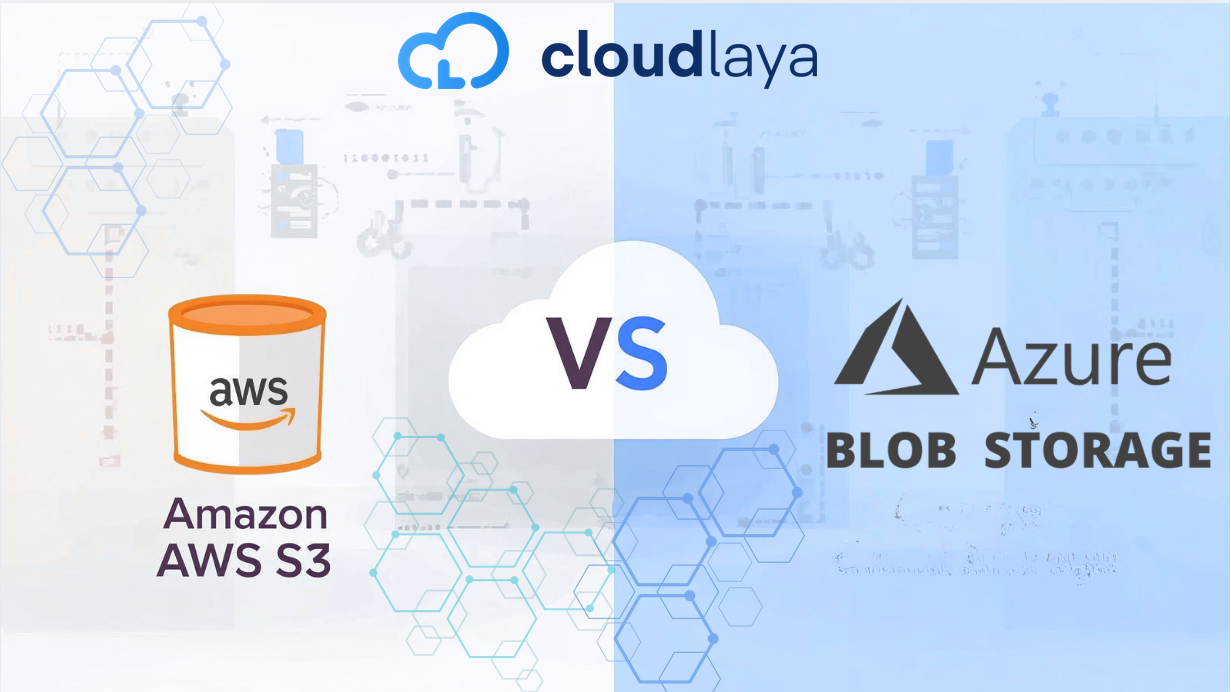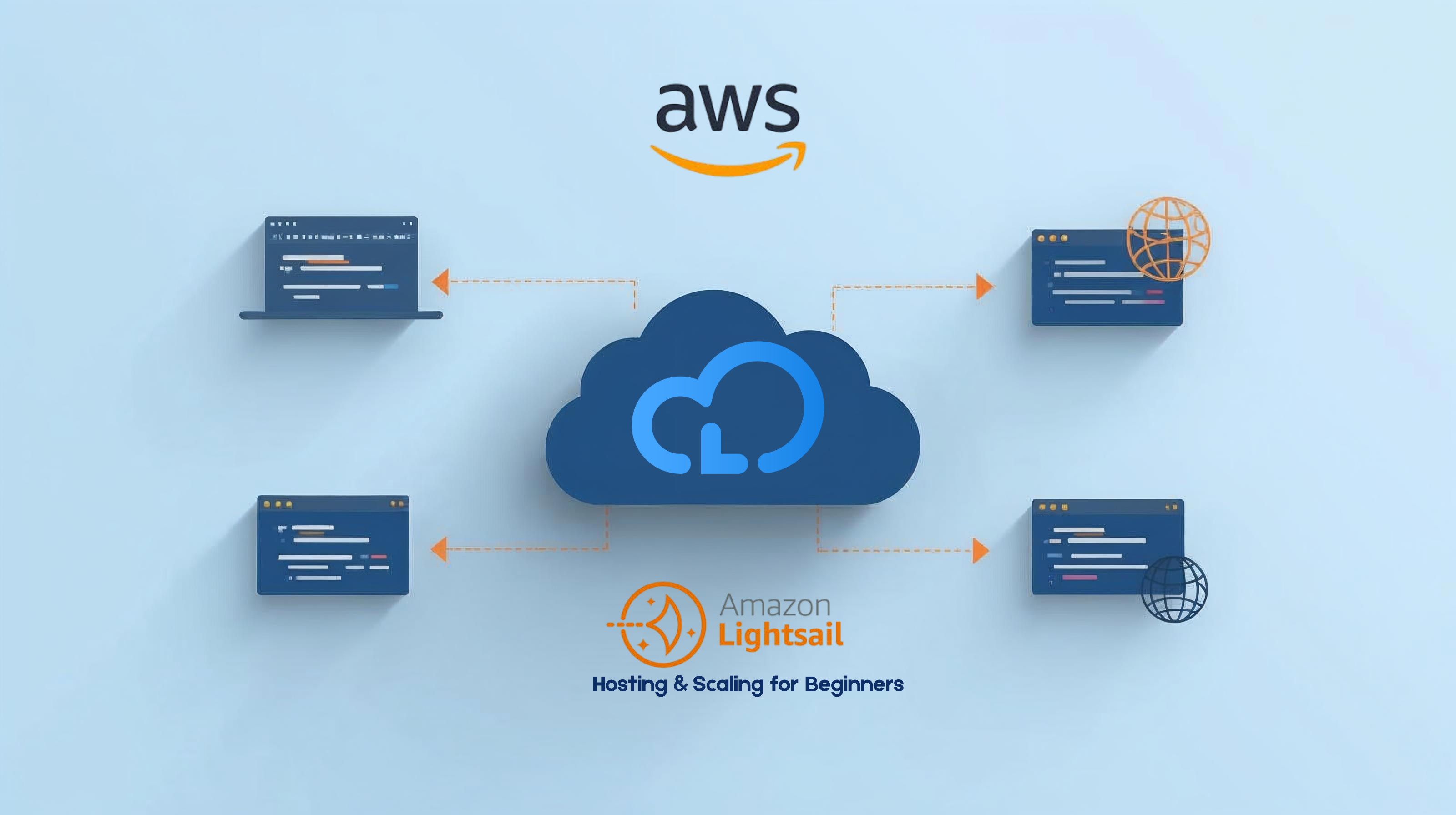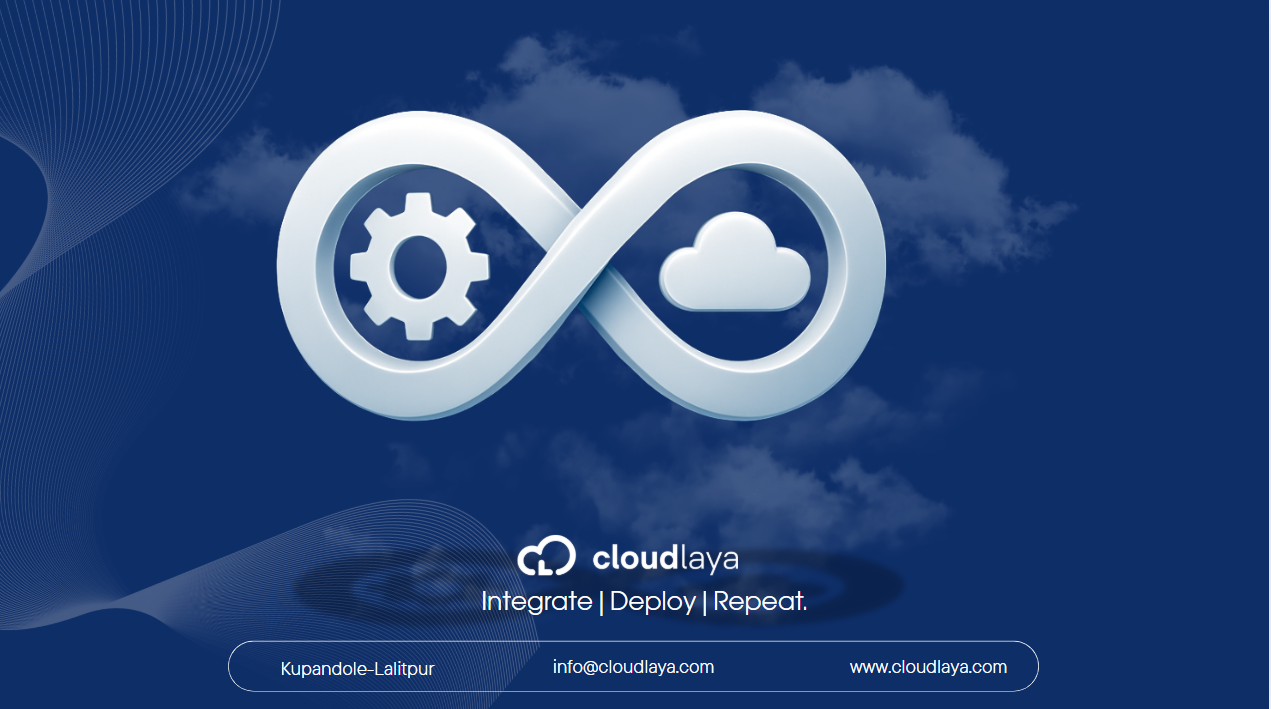
Benefits of DevOps Managed Services for Businesses
In today’s fast-paced digital world, businesses need to stay ahead. DevOps managed services offer a strategic advantage. They streamline IT operations and enhance software development processes.
These services integrate development and operations teams. This leads to improved collaboration and communication. As a result, projects are delivered faster and more efficiently.
Automation is a key feature of DevOps. It reduces manual errors and boosts productivity. Continuous integration and delivery ensure rapid deployment and updates.
Scalability and cost efficiency are other benefits. Businesses can adjust resources based on demand. This optimizes resource usage and reduces the need for extensive in-house IT staff.
Security is also enhanced through automated testing and monitoring. This ensures compliance and reduces vulnerabilities. DevOps managed services are essential for businesses aiming to thrive in a competitive landscape.
At Cloudlaya, we provide DevOps Managed Services that combine automation, cloud expertise, and continuous delivery to help businesses accelerate software releases and optimize infrastructure.
What Are DevOps Managed Services?
DevOps managed services are a strategic approach to IT management. They integrate development and operations into a cohesive unit. This integration supports seamless project execution and reduces bottlenecks.
These services cover a wide range of functions. They include automation, infrastructure management, and continuous delivery. The goal is to enhance efficiency and collaboration across teams.
A core element is automation, which minimizes repetitive tasks. This allows teams to focus on innovation and quality improvement. DevOps managed services foster an environment of continuous improvement.
Features of DevOps managed services include:
- Automation and orchestration
- Continuous integration and delivery (CI/CD)
- Infrastructure as code (IaC)
- Monitoring and logging
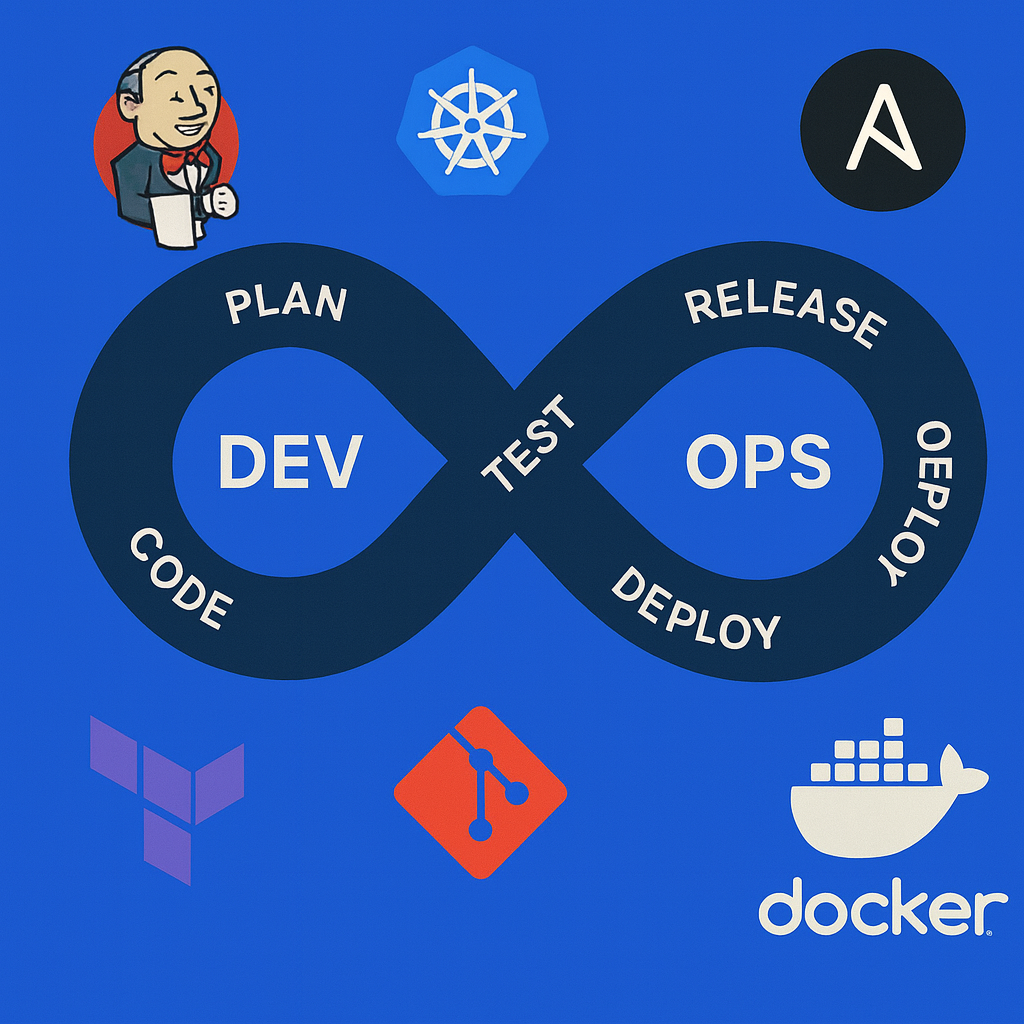
Key Components of DevOps Managed Services
DevOps managed services comprise several critical elements designed to streamline IT operations. Understanding these components is vital for businesses aiming to enhance their efficiency. Each element plays a unique role in the DevOps ecosystem.
First, automation is crucial in removing manual processes. Automated workflows reduce errors and improve speed. This allows teams to focus more on strategic initiatives.
Continuous integration and continuous delivery (CI/CD) pipelines are also essential. They facilitate rapid deployment, enabling faster time-to-market for new features. CI/CD ensures that updates are seamlessly integrated and deployed.
Infrastructure as Code (IaC) is another key component. It allows for programmatically managing and provisioning infrastructure through code. This approach ensures consistency and scalability across environments.
Other key components include:
- Automated testing
- Monitoring and alerting
- Collaboration tools
- Version control systems
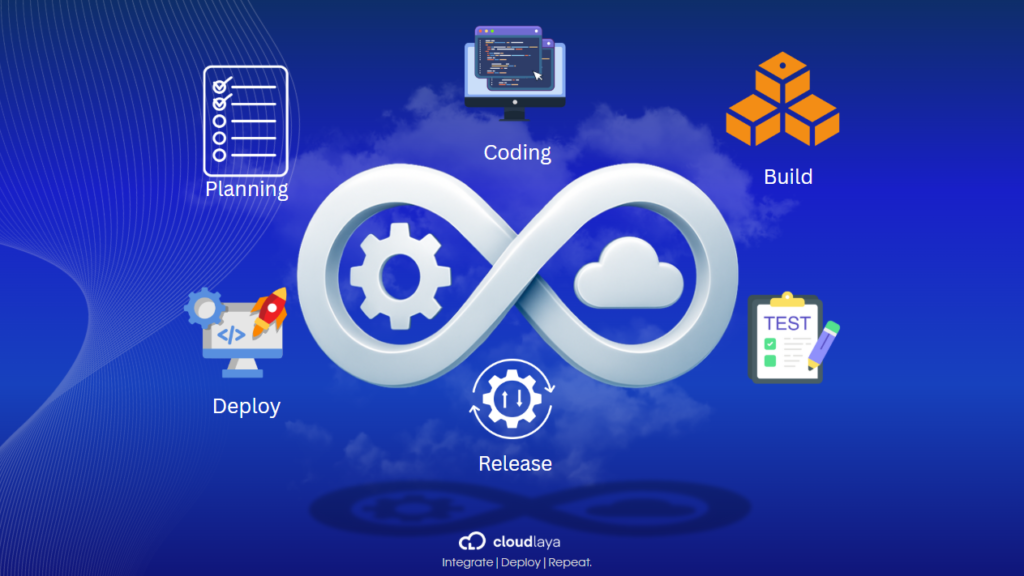
Cloudlaya offers comprehensive DevOps services including CI/CD pipeline implementation,infrastructure as code, and container orchestration. Contact Cloudlaya
How DevOps Managed Services Differ from Traditional IT Managed Services
DevOps managed services and traditional IT managed services vary significantly. The primary distinction lies in their approach. DevOps emphasizes continuous collaboration and integration across teams.
In contrast, traditional IT services often rely on siloed operations. This can lead to slower response times and less cohesive strategies. DevOps breaks down these silos, promoting seamless teamwork.
DevOps focuses on automation and agility. This contrasts with the more manual, reactive nature of traditional IT management. As a result, businesses often see faster deployments and more scalable solutions with DevOps.
Key differences include:
- Continuous integration and deployment
- Automation of routine tasks
- Enhanced collaboration between development and operations
Top Benefits of DevOps Managed Services for Businesses
DevOps managed services offer numerous advantages to businesses. At the forefront is increased agility. This is crucial in today’s fast-paced tech environment.
Improved collaboration is another major benefit. By bridging gaps between development and operations, projects move forward seamlessly. This leads to improved efficiency across teams.
Automation plays a pivotal role in enhancing productivity. Routine tasks are streamlined, reducing errors and freeing up resources. This enables teams to focus on strategic goals.
Businesses also gain from faster deployment times. Continuous integration and delivery processes ensure swift rollouts of features and updates. This leads to shorter time-to-market.
Moreover, DevOps managed services enhance scalability and flexibility. Businesses can adapt to changing demands without missing a beat. Resources can be scaled up or down as necessary.
Lastly, security and compliance are bolstered through automated testing and monitoring. Ensuring systems remain robust and compliant with industry standards.
Key benefits include:
- Enhanced agility and collaboration
- Streamlined automation of routine tasks
- Faster deployment and updates
- Greater scalability and flexibility
- Strengthened security and compliance
1. Enhanced Collaboration and Communication
Effective collaboration is vital in any organization. DevOps managed services promote seamless team integration. Development and operations work closely together.
This unified approach breaks down traditional silos. Teams share responsibility for outcomes, leading to mutual accountability. Communication improves naturally, resulting in faster decision-making.
A central component of DevOps services is fostering open channels. Teams can work in tandem without bottlenecks. This boosts the overall efficiency and productivity of the organization.
Key collaboration benefits:
- Seamless team integration
- Shared accountability
- Improved decision-making and communication
2. Increased Efficiency Through Automation
Automation is a cornerstone of DevOps managed services. By automating repetitive tasks, teams can focus on higher-level objectives. This shift enhances productivity significantly.
Automated processes reduce the likelihood of human error. Common tasks like code deployments and testing run smoothly. This leads to more reliable outcomes.
Routine operations consuming valuable time get streamlined. Teams can allocate more resources to strategic initiatives. This dynamic strengthens the overall efficiency of the business.
Automation benefits:
- Increased focus on strategic objectives
- Reduced error rates and improved reliability
- Streamlined routine operations
3. Faster Time-to-Market with CI/CD
Continuous integration and continuous delivery (CI/CD) are central to DevOps. These practices enable rapid development and deployment of code. Faster time-to-market becomes a reality.
Businesses can release features with quick turnaround times. This responsiveness is crucial in competitive markets. Products reach consumers swiftly, driving business growth.
Through CI/CD pipelines, updates are frequent and smaller. This methodology reduces risk and facilitates swift rollouts. The ability to iterate quickly provides a significant competitive edge.
CI/CD benefits:
- Rapid development and deployment
- Quick product release cycles
- Frequent, smaller updates reducing risk
4. Improved Scalability and Flexibility
DevOps managed services enhance scalability. Businesses can adjust resources fluidly based on demand. This agility allows for cost-effective growth.
Flexibility in operations lets companies adapt swiftly. Technology solutions can evolve without major disruptions. This ensures systems are robust and future-ready.
DevOps supports a responsive approach to market changes. The ability to scale seamlessly meets customer demands effectively. Businesses can maintain service quality without infrastructure strain.
Scalability benefits:
- Fluid resource adjustment
- Cost-effective growth and adaptation
- Responsive approach to market changes
5. Cost Optimization and Resource Efficiency
DevOps managed services contribute to cost optimization. Efficient resource management reduces unnecessary expenditures. These savings can be allocated to other growth areas.
The model minimizes reliance on extensive in-house IT teams. External expertise frees internal resources for critical projects. Businesses can leverage specialized skills without high overhead costs.
Cloud services often pair with DevOps, further optimizing costs. Pay-as-you-go models align expenses with actual usage. This approach ensures financial efficiency.
Cost benefits:
- Reduced unnecessary expenditures
- Efficient use of external expertise
- Alignment of expenses with actual usage
6. Strengthened Security and Compliance
Security is a top priority in DevOps managed services. Automated testing mitigates vulnerabilities. Continuous monitoring ensures robust protections.
Compliance with industry standards remains crucial. Automated processes help maintain these essential protocols. Businesses stay ahead of regulatory requirements.
DevOps strategies promote proactive risk management. This approach identifies potential threats early. Systems remain secure and resilient, safeguarding business operations.
Security benefits:
- Robust automated testing and monitoring
- Assurance of regulatory compliance
- Proactive identification of potential threats
How DevOps Managed Services Support Digital Transformation
Digital transformation is crucial for modern businesses. DevOps managed services play a key role. They expedite technology adoption and integration.
These services offer a comprehensive framework. Businesses can modernize infrastructure seamlessly. Legacy systems integrate with cutting-edge tools.
By embracing DevOps, companies enhance their digital presence. This drives competitive advantage and future-proofs operations. Continued innovation becomes a strategic priority.
Digital transformation support includes:
- Seamless integration of new technologies
- Infrastructure modernization
- Enhanced digital presence and competitiveness
Choosing the Right DevOps Managed Services Provider
Selecting the right provider for DevOps managed services is vital. Not all providers offer the same expertise or solutions.
Evaluate their track record and capabilities. Check past projects and client reviews. This helps gauge their reliability and effectiveness.
Ensure the provider understands your industry needs. Customized solutions align better with business goals. Ask if they offer ongoing support and learning resources.
Factors to consider:
- Proven track record and positive client feedback
- Industry-specific expertise and tailored solutions
- Availability of continuous support and development resources
Real-World Examples: DevOps Managed Services in Action
Successful companies worldwide use DevOps managed services to transform their IT landscapes. These services drive innovation and agility.
Consider the case of an e-commerce company that reduced deployment time drastically.
They utilized continuous integration and delivery. This led to faster updates and improved customer satisfaction.
Another example is a financial services firm. They enhanced security and compliance with DevOps strategies, reducing vulnerabilities and risks.
Real-world successes:
- E-commerce: Accelerated deployment cycles
- Finance: Enhanced security protocols
- Healthcare: Improved system reliability
FAQ’s
Conclusion: Why DevOps Managed Services Are Essential for Modern Businesses
Embracing DevOps managed services offers distinct advantages. They provide a competitive edge through efficiency and innovation.
These services foster collaboration, streamline operations, and enhance system security. Modern businesses thrive by integrating these practices, ensuring growth and resilience.
Whether you’re a startup or an enterprise,
Cloudlaya’s DevOps Managed Services
ensure speed, scalability, and security.
